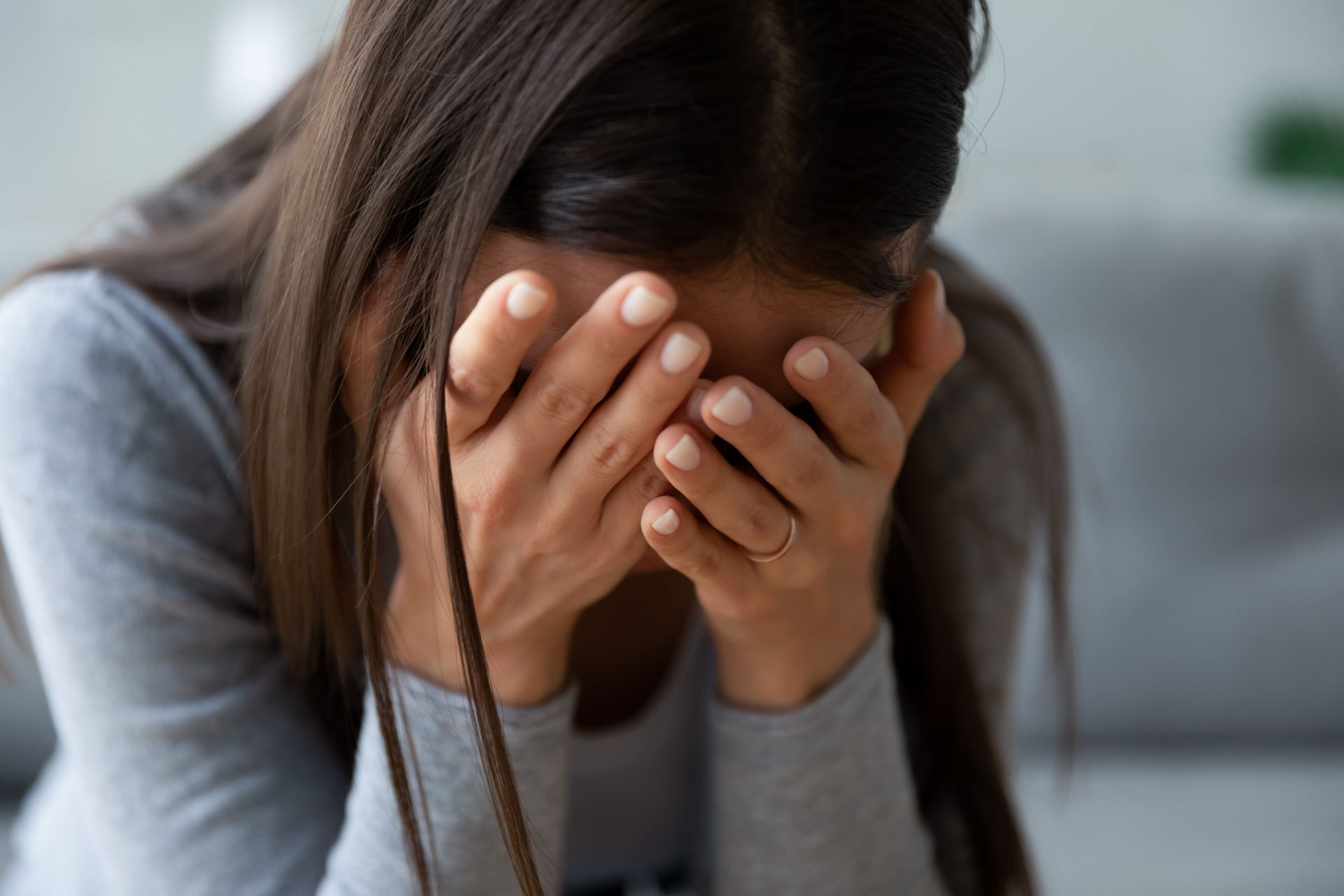
Coping with the death of a loved one is one of the most difficult things you’ll ever experience. There are a bunch of different strategies taught to help people coping with death and grief, usually involving several stages.
I’ve never liked busting out theories and models; I find it lame and ineffective as a counsellor, and frustrating as a client. People don’t want a guidebook, they want another person who has been through it to relate with them and show them the way forward.
My old man died a few years back. Sudden, unexpected, and young – he was 51. I was totally unprepared, and I had no idea how to cope with it.
I tried a doctor and a couple counsellors… the first counsellor was a douche, so he was out. The doctor was super old school and told me more or less to suck it up; that was strike two. The third guy was a counsellor and was actually pretty good, but he got fired. Go figure.
I got frustrated and decided to help myself out. I discovered that for me, coping with death was about accepting it and developing healthy attitudes about it. I spent a lot of time thinking about this, and here are a few things I came up with. Hopefully it helps a few of you work through some of your pain.
It’s Not Death Itself That Makes You Sad
I was working with a married couple, and one of the issues affecting their relationship was the death of a loved one. As I listened to them explain their history with this person, how she died, and the months preceding her death, I noticed something very interesting.
There were no tears shed when she died, only relief (and a tremendous amount of guilt for feeling relieved). Their expectations of this person’s lifespan were changed when they received her terminal diagnosis, and it was at this point that they cried and made peace with things. When she actually died, it aligned with their expectations and didn’t cause much of an emotional response at all.
This was one of those epiphany moments in life when my outlook was changed in a big way.
Emotions = Expectations vs Reality
When your expectations are greater than what you actually experience, you feel disappointment. When disappointment is severe enough, it becomes sadness. To a certain extent, this is a healthy, normal phenomenon.
Sometimes, emotions become extreme and problematic. For example, if I was counselling someone with road rage, I would ask them about their expectations of other drivers. Typically, they expect to never be cut off, never hit red lights, and so on. Their unrealistically high expectations will rarely be met, and as a result they will rarely feel calm while driving.
Most People Have Unrealistic Expectations About Death
People see death as evil, cruel, and unfair. Most of us hate talking about it – I hear more conversations about religion and politics than I do about death. In fact, I can’t remember a single time I had a conversation with someone about death and dying, aside from something like “Man, death sucks. It’d be cool if we could live forever.”
If you’re like most people, you hope the people you love will never die, despite the fact that they will. Another common expectation is that most people die of old age, despite the fact that one in ten people in Western society die before 55.
A big part of being OK with death is overcoming the idea that it’s unfair, cruel, evil, or bad, and accepting that there isn’t anything wrong with it. This is especially true if you’re coping with the death of a loved one resulting from unnatural or preventable causes.
Death is natural. It happens. It will happen to me and everyone I know, and that’s OK. Knowing the clock is ticking on my only shot at life makes every moment all the more valuable. I wake up every day appreciative that I’ve been given a shot, and motivated to make it count.
There are as many ways of coping as there are people, and if you have something you think would help or you’d like to share your story, let me know in the comments below.



Well written Ryan. You had to experience this part of life sooner than most and you have an interesting family that helped you. I only have one comment. Death is not the hardest part of life you may experience persae…….the divorce or ending of a marriage takes more of a toll on ones life more than death. Death if final, you know the out come, but divorce and the aspects of it is unknown in many cases and causes more distress. This one I am talking from experience.
I have not yet experienced the death of my parents, but I did have to experience the death of a spouse and handle the mess that can happen if it is unexpected. Especially like you the children are so young, not out of their teens. So if you are reading this, just know you have a great handle on this part of life and can advise folks on how to get the help they need and the direction needed to go for it. Good luck and Bless you.
My spouse died after 47 years of marriage. We shared responsibilities and pleasures that are now just mine. Apart from the grief and loss of my companion,I am questioning my identity. For me this has been a twofold process.
Unimaginable. Sorry for your loss.
Absolutely – we exist day to day in a variety of roles: wife, mother, sister, daughter, worker, friend, and many more. Major roles provide a framework within which we make sense of the world, and when one of our roles disappears it can feel disorienting.
If you’re looking for advice, mine would be to figure out what your role as a wife, lover, and companion helped you to do. What did that provide for you? How did that enrich your life? Are there any things you feel unable to do without that role?
Find ways to replace those things where possible.
Also, don’t let the world define your role as a widow. It’s easy to fall into a trap of “role expectation” and behave in ways we believe are expected of us. A police officer would be affected by this phenomenon by acting more authoritarian than is necessary, for example. A widow may let her grief define her as a person and define her life, but this doesn’t need to be the case.
I won’t pretend to understand your situation or your feelings. I would also be lost without my partner, and it’s only been 7 years. I wish you all the best… confide in others, stay strong, and let your life from this point forward be something your husband would be proud of.